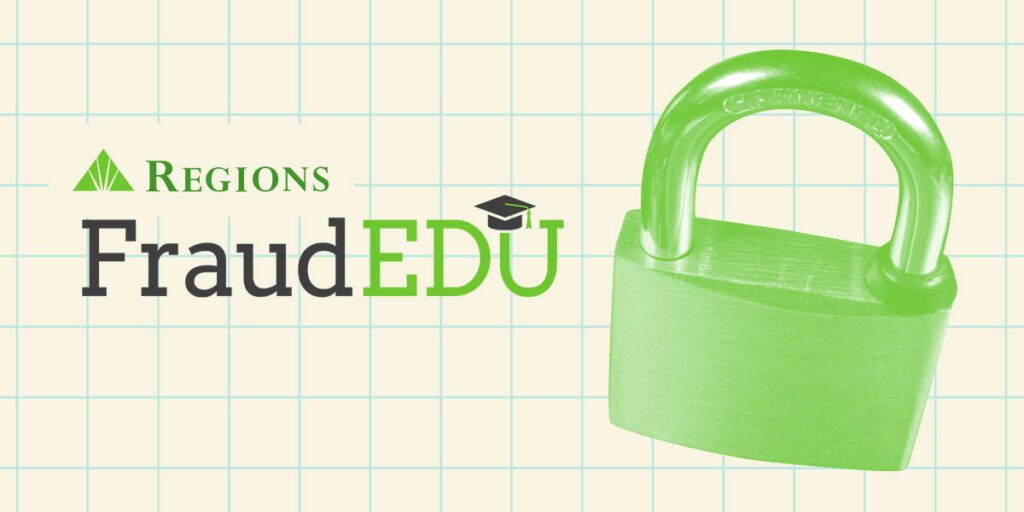
As we all know, technology is changing the way we live, connect, and communicate. Unfortunately, this also means fraudsters are getting more creative, especially when it comes to targeting older adults.
From calls that claim to be from a grandchild in trouble to personal data being gathered quietly through smart devices in your home, elder fraud is taking on new forms.
One of the best defenses is staying informed and sharing that information with loved ones.
According to the FBI, seniors over 60 lost more than $3.4 billion to fraud in 2023, and the numbers keep climbing.
“Criminals are quite clever and know how to play on emotions,” says Jeff Taylor, who is in charge of commercial fraud forensic medicine at a regional bank. “We want to help people see these risks and take straightforward steps to shield themselves from becoming victims.”
Five warning signs of fraud
Identifying early signs can save you from a lot of stress and financial grief. Here are five red flags to keep in mind:
- Unexpected contacts: Scammers may reach out through calls, emails, texts, or social media, pretending to be government officials, tech support, or even family. If you weren’t expecting the contact, be cautious and don’t share personal information until you verify the source.
- Urgency to act: Scammers often create a false sense of urgency. They might say a loved one is in trouble, pushing you to share your information quickly. “If they’re trying to rush you, that’s a red flag,” Taylor suggests. “Take a moment to think things through and double-check.”
- Unusual payment requests: If someone asks you to send money using wire transfers, gift cards, or cryptocurrency, that’s a major warning signal. These methods are tough to trace and recover.
- Requests for confidential information: Trustworthy organizations will never ask for sensitive information like Social Security numbers or bank details through unsolicited means. If you get such a request, it’s best to delete it.
- Too good to be true offers: If you’re offered something like a lottery win or a guaranteed investment that seems overly positive, it probably isn’t legitimate.
Taylor encourages discussing these matters before making any decisions.
Hidden dangers of smart devices
Phishing and scam calls are still prevalent, but elder scams are also infiltrating homes through smart technology. Devices such as virtual assistants, smart TVs, and internet-connected appliances can provide convenience but also collect personal data.
This expanding web of devices is often termed the Internet of Things (IoT). The FBI warns that they can pose significant security risks, particularly for seniors who might not realize their information is being collected.
Here are some practical tips from the FBI on how to safeguard yourself and your data:
- Change default usernames and passwords. Many smart devices come with easily accessible default credentials. Use strong, unique passwords for each device.
- Keep your software updated. Just like computers, smart devices require regular updates to fix security vulnerabilities.
- Secure your Wi-Fi network. Use strong encryption, like WPA3 if available, and avoid reusing passwords across accounts.
- Know what your device does. Regularly check your device settings, review privacy policies, and disable any features you don’t use. It can be surprising to discover what might be recorded or shared.
“We often invite these technologies into our homes for their convenience,” Taylor notes.
Stay alert and safe
Fraud can affect anyone, regardless of whether it comes through a phone or a smart speaker.
The good news? You don’t need to be an expert to protect yourself. Information is power, and knowing when to ask questions—and when to pause—is crucial.
Discuss common scams with older family members. Keep an eye on financial transactions, ensure your smart devices are secure, and always take a moment to think before acting if something feels off.
If you suspect fraud, report it to your local law enforcement or the FBI’s Internet Crime Complaint Center.







